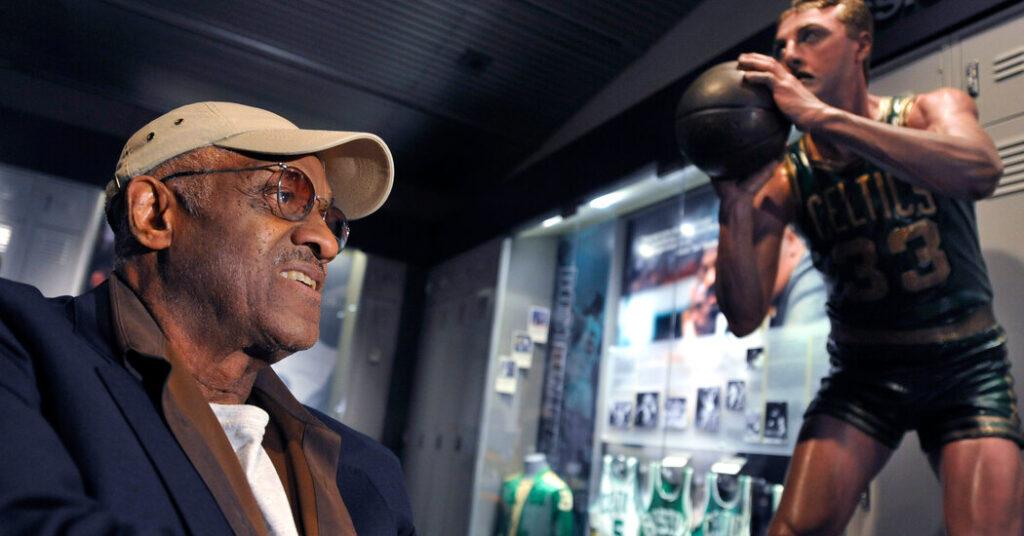But Walker finished with just 10 points in Game 6 and was hospitalized after the Bulls' Game 7 loss in Oakland, California, with a recurring kidney infection that later caused scarring and required ongoing medication.
In a 2022 interview, Williams said he still hears from Walker regularly, adding: “What bothers him is why the Bulls never retired his No. 25. He'll say, 'You and I helped save Chicago basketball.' They retired Bob Love's and Jerry Sloan's numbers, so why don't they retire Chet's?”
Chester Walker was born on February 22, 1940, in Bethlehem, Mississippi, the youngest of ten children to John and Regenia Walker. His family owned a small cotton farm where Walker worked until 1950, when his mother, having lost a daughter to tuberculosis and suffered physical abuse from her husband, moved her youngest children to Benton Harbor, Michigan.
Walker was first integrated into society, thriving at Benton Harbor High School and earning a scholarship to Bradley University, where he averaged 24.4 points and 12.8 rebounds over three seasons and was a two-time All-American. Nicknamed “Chet the Jet,” Walker was drafted in the second round by the Syracuse Nationals and named to the NBA's All-Rookie Team before moving with the franchise to Philadelphia in 1963. He finished the season averaging 18.2 points and 7.1 rebounds.
Walker's film mentor and Hollywood connection came from his Chicago neighbor, producer Zev Brown. Brown was executive producer of Walker's first television miniseries, Freedom Road, in 1979, which told the story of a former slave who rises to become a U.S. senator during Reconstruction after the Civil War. The series was based on Howard Fast's 1944 novel and starred Muhammad Ali and Kris Kristofferson.

